
Better mood in one ”pill”
THE POWER OF NATURE – ADAPTOGENES!
What adaptogens are?
Phytotherapy applies to the use of plants and their healing abilities, and adaptogens are a unique class of medical plants. They are characterized by increased resistance to low oxygen levels,they support the cardiovascular system, remove fatigue, regenerate, detoxify, affect the proper metabolism. In addition, they help to restore balance and protect the body. As Edward Wallace, naturopath, explains, the adaptogen has no specific actions and allows to react to any stressors and can influence and normalize physiological functions. Another naturopath Marcelle Pick informs that adaptogenic herbs can charge the adrenal glands, which helps in responding to stress.
Below I will briefly discuss the benefits of taking some adaptogens:
REISHI –FIGHTING NOT ONLY ABOUT IMMUNITY!
- modulates the immune system
- shows antimicrobial activity
- has strong antioxidant properties
- supports the fight against cancer
- controls the level of glucose in the blood
- fights chronic stress
CORDYCEPS – FOR ATHLETES RESCUE!
- increases efficiency
- supports regeneration processes
- it inhibits the aging process
- has a strong antioxidant effect
- increases the body’s efficiency
- fighting against infections
- fighting chronic stress and fatigue
- improves concentration
- supports immunity
- it has anticancer properties
ASTRAGALUS – health and well being
- Combats infections of the upper respiratory tract
- used in the prevention of coronary heart disease
- helpful in chronic diarrhea
- supports the treatment of hepatitis and heart disease
- helpful in combating cancer – medical consultation is necessary!
- supports metabolic processes
- it improves immunity
WARNING! Astragalus supplementation may affect the level of sugar and blood pressure, so people who have diabetes or high blood pressure should consult a doctor.
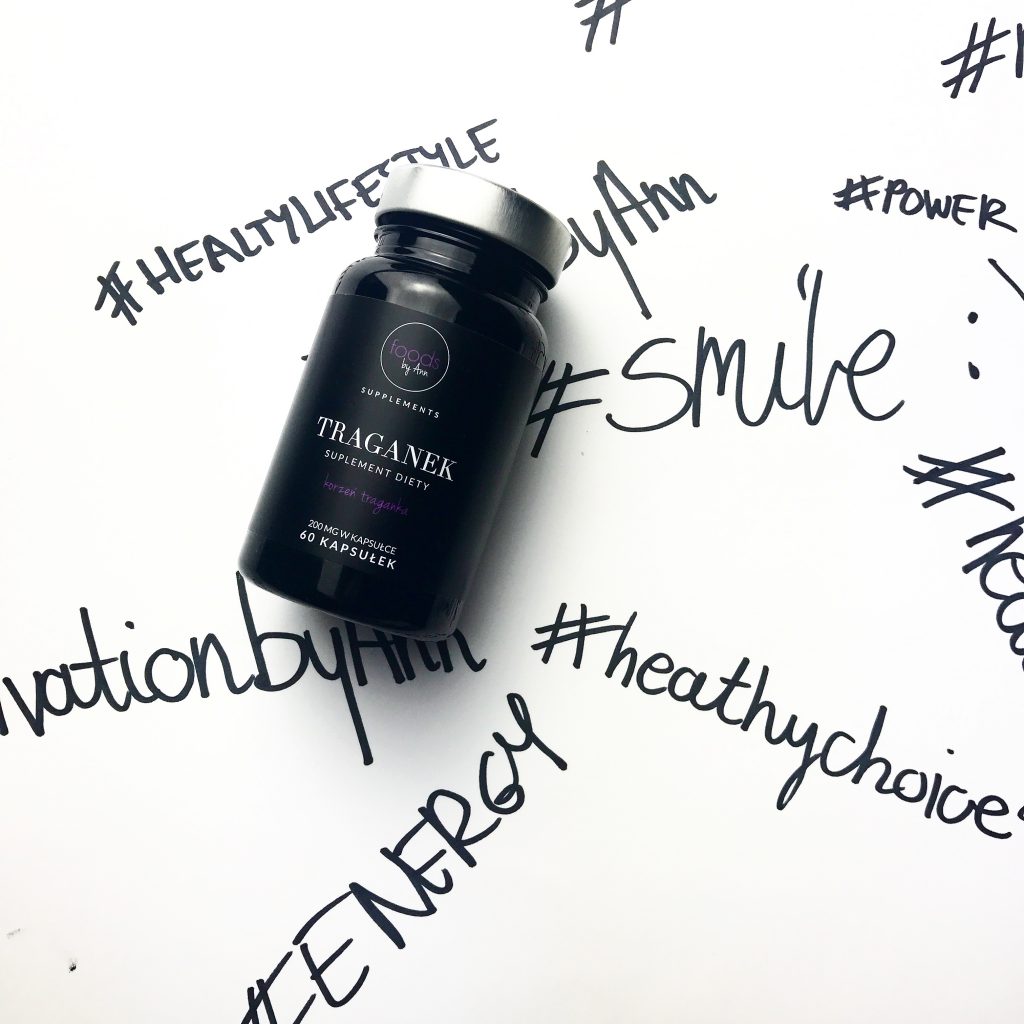
GOTU KOLA – For autumn blues 🙂
- an excellent anti-depressant
- has a strong sedative and anxiolytic effect
- accelerates wound healing
- cares about the condition of the skin
- reduces fever
- regulates menstruation
- it inhibits diarrhea
- strengthens the blood vessels and the nervous system
- it inhibits stomach ulcer caused by stress
- anti-inflammatory and analgesic
- relieves rheumatoid joint pain
- prevents cardiovascular diseases
- it smoothes scars and reduces stretch marks
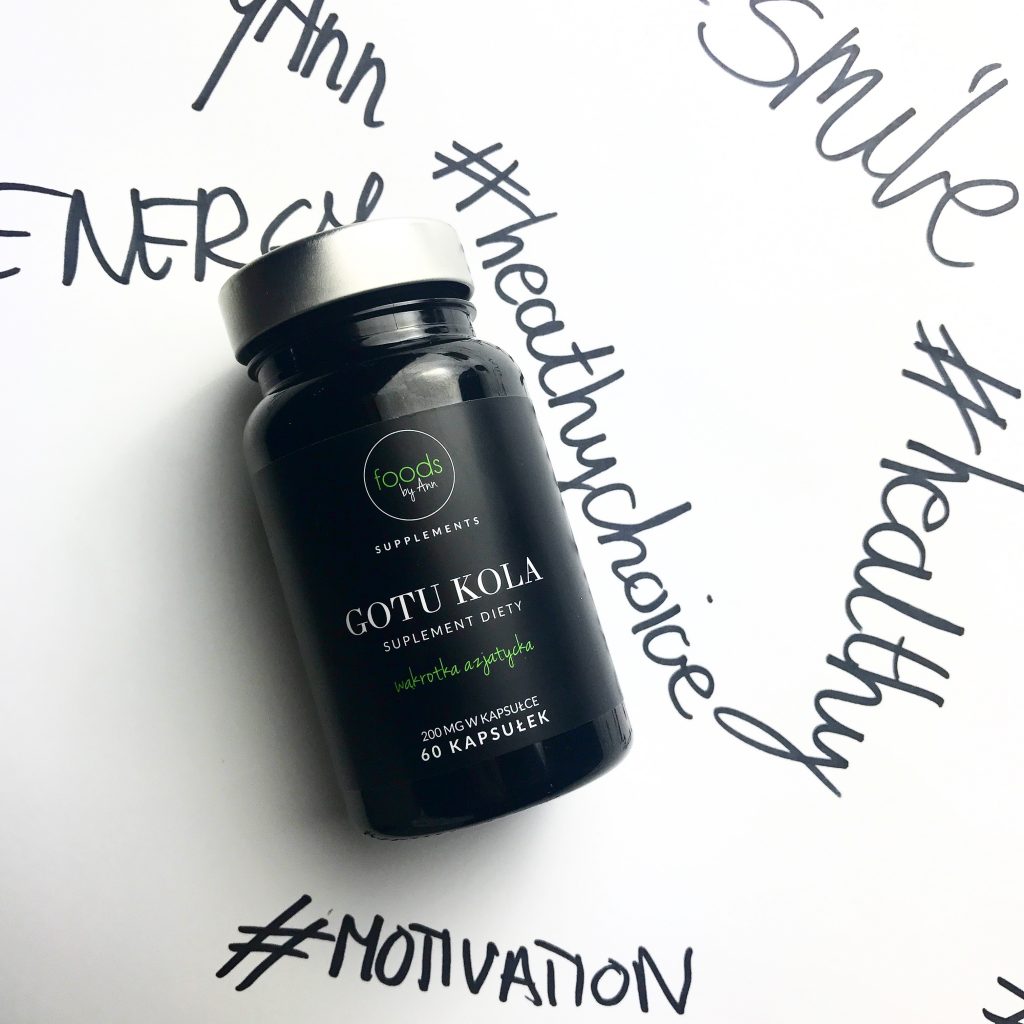
ASHWAGANDA – FIGHTING STRESS
- strengthens the nervous system and cognitive functions
- relieves stress and anxiety symptoms
- prevents depression
- has anti-inflammatory effects
- strong antioxidant
- improves efficiency
- supports the treatment of Parkinson’s and Alzheimer’s diseases
- fights a fever
- it relieves pain
- regulates the metabolism
- improves efficiency
- promotes the increase of muscle strength
- it has anti-cancer properties
- increases sexual performance
- supports the treatment of osteoporosis
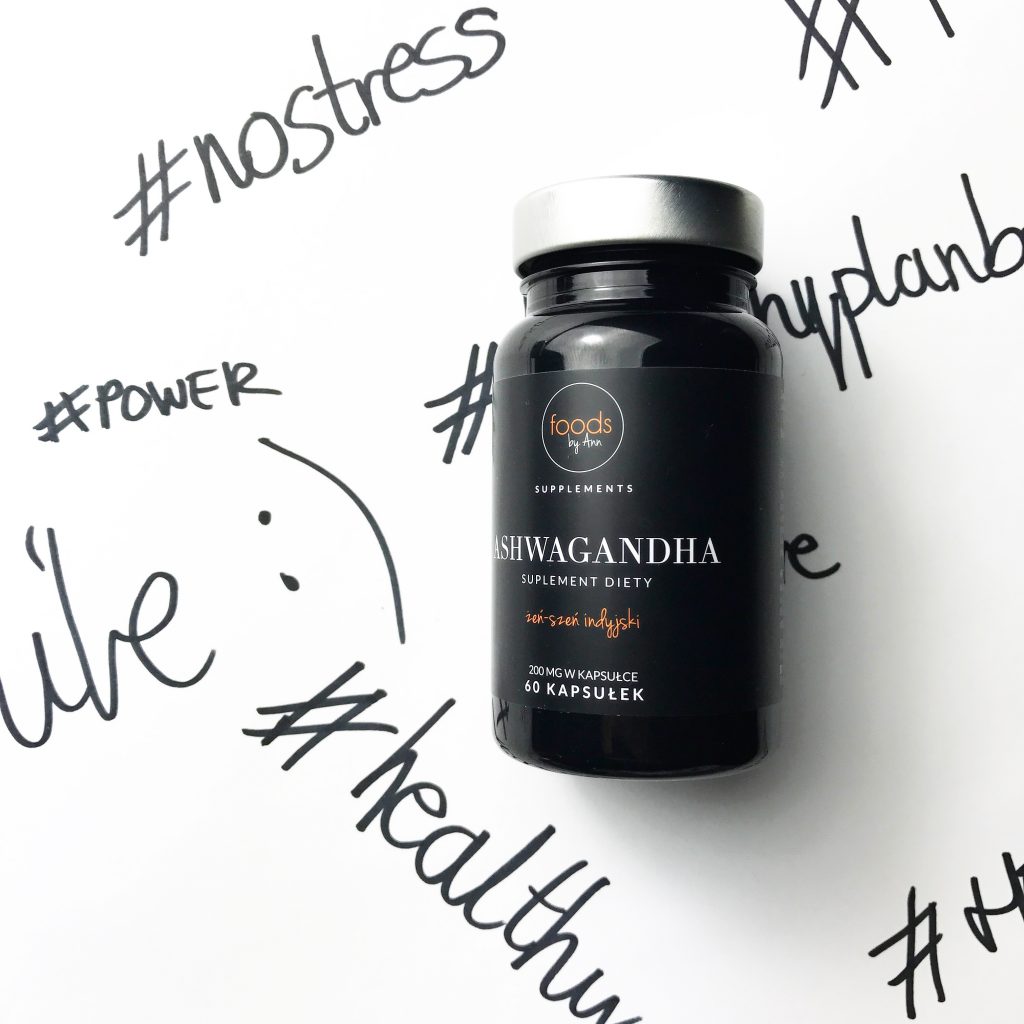
RHODIOLA – for a good night
- makes it easier to fall asleep
- extends sleep and improves its quality
- prevents waking up during the night
- improves the body’s resistance to physical and mental stress
- it has anti-depressant properties
- it improves the mood
- increases exercise capacity and mental condition
- reduces inflammation caused by physical effort
- it improves long-term and short-term memory
- improves concentration
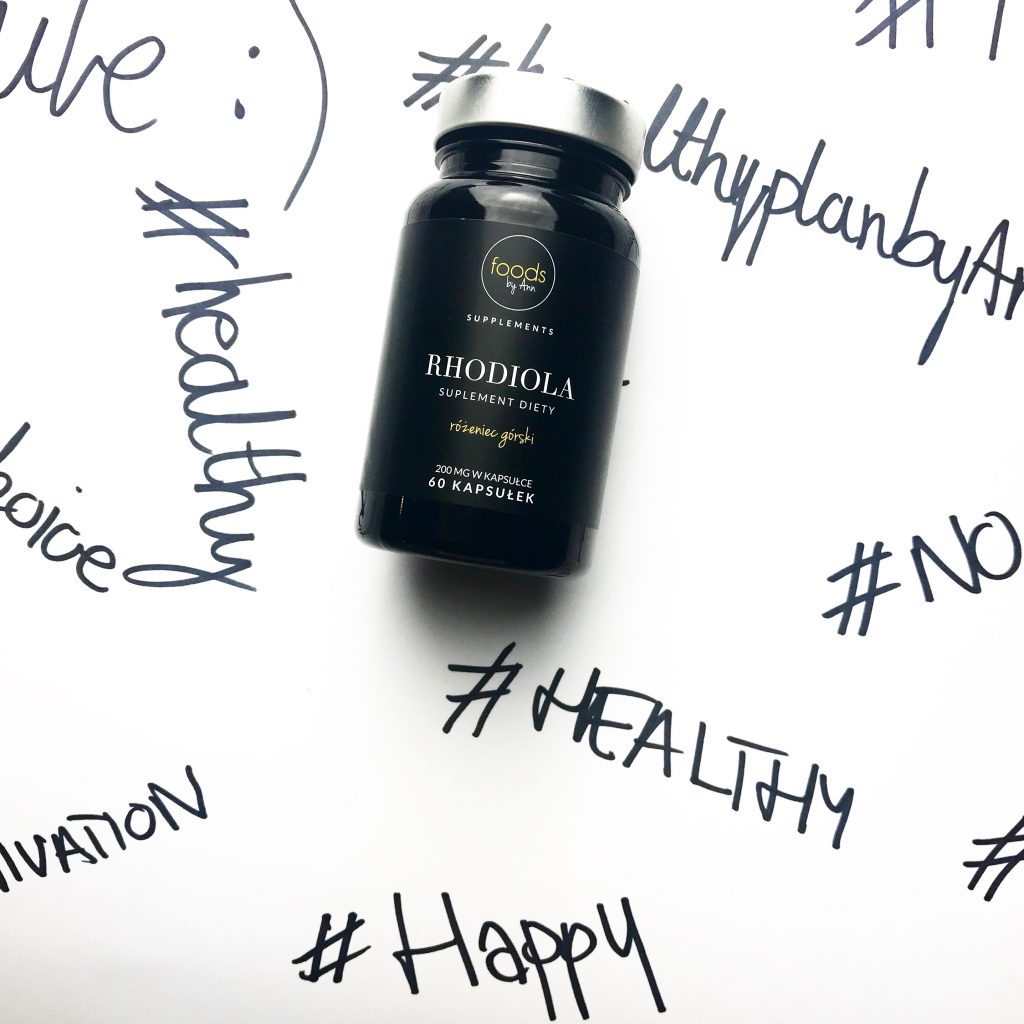
SCHISANDRA – TIME TO RELAX
- anti-depressant and relaxing effects
- strengthens the body’s resistance to physical and mental stress
- shows antidepressant and relaxation effects
- has a strong antioxidant effect
- protects the liver
- it increases the libido
- It improves the efficiency of the body
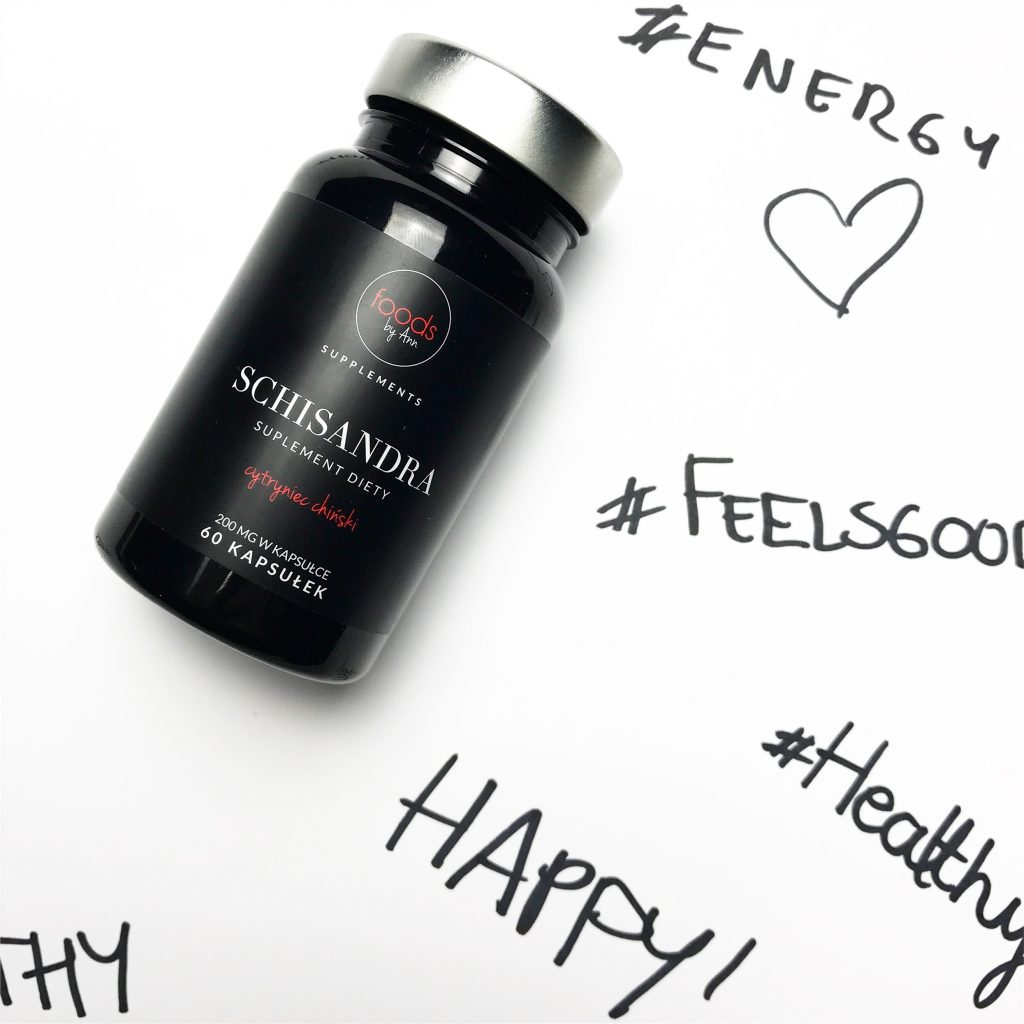
Ginseng – focus
- improves concentration and memory
- it has a calming and relaxing effect
- it reduces the level of triglycerides and LDL cholesterol in the blood
- it has a bactericidal effect
- enhances insulin sensitivity
- it has a good effect on the sexual function of men and women
- eliminates chronic stress
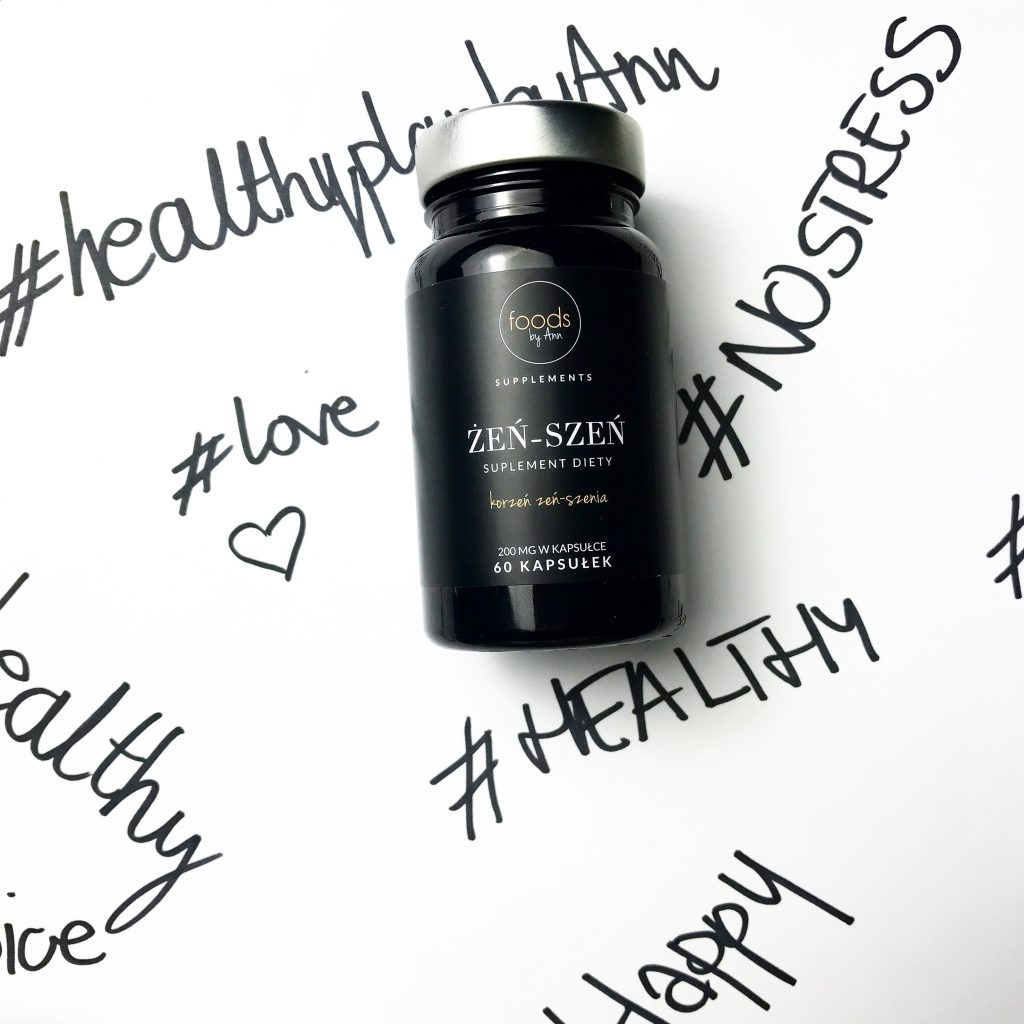

Source:
- Jordan JL, Sullivan AM, Lee TD. Immune activation by a sterile aqueous extract of Cordyceps sinensis: mechanism of action. Immunopharmacol Immunotoxicol 2008; 30(1):53-70.
- Jordan JL, Nowak A, Lee TDG. Activation of innate immunity to reduce lung metastases in breast cancer. Cancer Immunol Immunother 2010; 59(5):789-97.
- Ohana G, Bar-Yehuda S, Barer F i wsp. Differential effect of adenosine on tumor and normal cell growth: Focus on the A3 adenosine receptor. J Cell Physiol 2001; 186(1):19-23
- Dong C, Yao Y. In vitro evaluation of antiox idant activities of aqueous extracts from natural and cul tured mycelia of Cor dyceps sinensis. Swiss society of Food Science and Tec hnology 2008; 41: 669–677.
- Xin P, Sunan C, Shaoping W, Massimo N. Properties of Cordyceps Sinensis: A review. Journal of Functional Foods 2013; 5(2): 550-596.
- Wong EL, Sung RY, Leung TF i wsp. Randomized, double-blind, placebo-controlled trial of herbal therapy for children with asthma. J Altern Complement Med 2009; 15(10):1091-7.
Source:
- Auyeung K.K., Han Q.B., Ko J.K.: Astragalus membranaceus: A Review of its Protection Against Inflammation and Gastrointestinal Cancers. The American Journal of Chinese Medicine. 2016; 44: 1–22.
- McCulloch, See C.S., Shu X.J., Broffman M., Kramer A et al.: Astragalus-based Chinese herbs and platinum- based chemotherapy for advanced non-small-cell lung cancer: Meta-analysis of randomized trials. J. Clin. Oncol. 2006; 24: 419–430.
- Zhang, W.J., Hufnagl P., Binder B.R., Wojta J.: Anti-inflammatory activity of astragaloside IV is mediated by inhibition of NF-κB activation and adhesion molecule expression. Thromb. Haemost. 2003; 90: 904–914.
- Wang, S.C., Shan J.J., Wang Z.T., Hu Z.: Isolation and structural analysis of an acidic polysaccharide from Astragalus membranaceus (Fisch.) Bunge. J. Integr. Plant Biol. 2006; 48: 1379–1384.
- Qi Y., Gao F., Hou L., Wan C.: Anti-Inflammatory and Immunostimulatory Activities of Astragalosides. The American Journal of Chinese Medicine 2017; 45: 1157-1167.
- 1 Gohil KJ, Patel JA, Gajjar AK. Pharmacological Review on Centella asiatica: A Potential Herbal Cure-all. Indian Journal of Pharmaceutical Sciences. 2010;72(5):546-556. doi:10.4103/0250-474X.78519.
- Sunilkumar, Parameshwaraiah S, Shivakumar HG. Evaluation of topical formulations of aqueous extract of Centella asiatica on open wounds in rats. Indian J Exp Biol. 1998;36:569–72.
- Chen Y, Han T, Qin L, Rui Y, Zheng H. Effect of total triterpenes from Centella asiatica on the depression behaviour and concentration of amino acid in forced swimming mice. Zhong Yao Cai. 2003;26:870–3
- Ganachari MS, Babu V, Katare S. Neuropharmacology of an extract derived from Centella asiatica. Pharm Biol. 2004;42:246–52.
- Farhana KM, Malueka RG, Wibowo S, Gofir A. Effectiveness of Gotu Kola Extract 750 mg and 1000 mg Compared with Folic Acid 3 mg in Improving Vascular Cognitive Impairment after Stroke. Evidence-based Complementary and Alternative Medicine : eCAM. 2016;2016:2795915.
- James JT, Dubery IA. Pentacyclic Triterpenoids from the Medicinal Herb, Centella asiatica (L.) Urban. Molecules 2009;14:3922-3941.
- Pratte MA, Nanavati KB, Young V, Morley CP. An Alternative Treatment for Anxiety: A Systematic Review of Human Trial Results Reported for the Ayurvedic Herb Ashwagandha (Withania somnifera). Journal of Alternative and Complementary Medicine. 2014;20(12):901-908.
- Wankhede S, Langade D, Joshi K, Sinha SR, Bhattacharyya S. Examining the effect of Withania somnifera supplementation on muscle strength and recovery: a randomized controlled trial. Journal of the International Society of Sports Nutrition. 2015;12:43
- Singh N, Bhalla M, de Jager P, Gilca M. An Overview on Ashwagandha: A Rasayana (Rejuvenator) of Ayurveda. African Journal of Traditional, Complementary, and Alternative Medicines. 2011;8:208-213.
- Narinderpal K, Junaid N, Raman B. A Review on Pharmacological Profile of Withania somnifera (Ashwagandha). Research & Reviews: Journal of Botanical Sciences. 2013;2:4. 23. Bhattacharya SK, Muruganandam AV. Adaptogenic activity of Withania somnifera: an experimental study using a rat model of chronic stress. Pharmacol Biochem Behav. 2003;5:547-555.
- Ichikawa H, Takada Y, Shishodia S, Jayaprakasam B, Nair MG, Aggarwal BB. Withanolides potentiate apoptosis, inhibit invasion, and abolish osteoclastogenesis through suppression of nuclear factor-kappaB (NF-kappaB) activation and NF-kappa B-regulated gene expression. Mol Cancer Therap. 2006;75:1434-45.







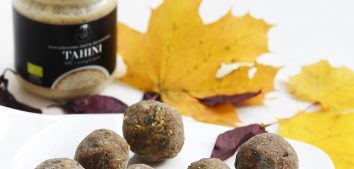
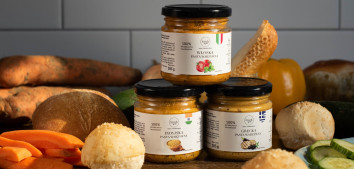
Comments No Comments
Join the discussion…